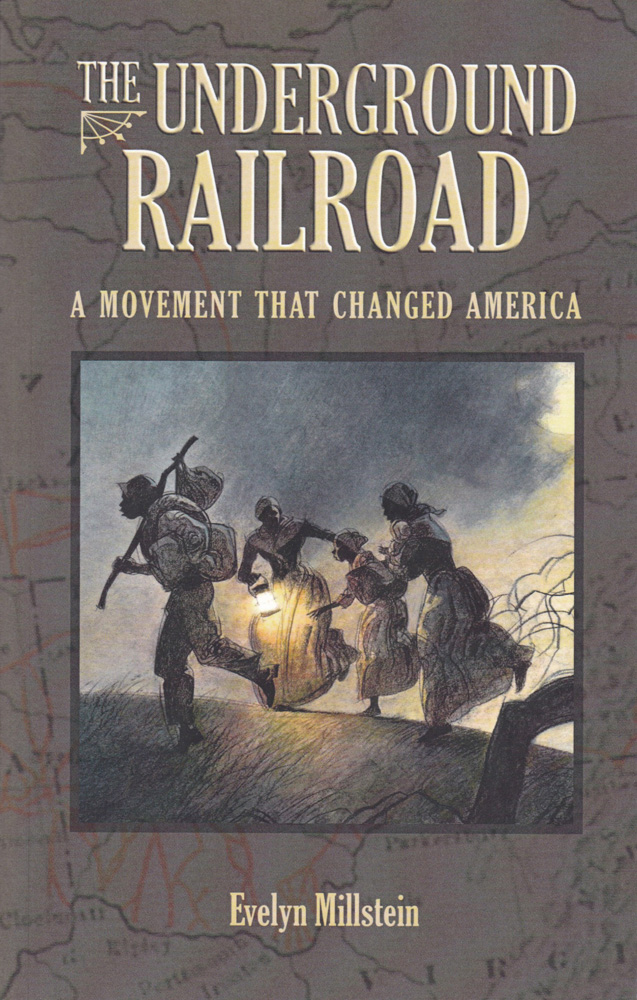


It was another thing in Georgia once the cotton boom starts up in the early 1800s. Slavery was one thing in Maryland in the 1780s. It was a great resource just to get slang and an idea of, as a writer, the variety of a plantation experience. Some are a paragraph, some are three pages, and they're very, sort of, matter of fact of what went on. They sent writers to interview 80-year-old, 90-year-old former slaves, people who were young when the Civil War came around. The famous ones - Frederick Douglass, Harriet Jacobs - but also the ones collected by the U.S. My main research was reading slave narratives. I think it's the dominators - the slave catchers and the slave masters - who write the chronicle of 17th- and 18th-century America. I think the slave catcher's point of view is probably the default setting on American history. I actually didn't research the slave catcher's point of view.


 0 kommentar(er)
0 kommentar(er)
